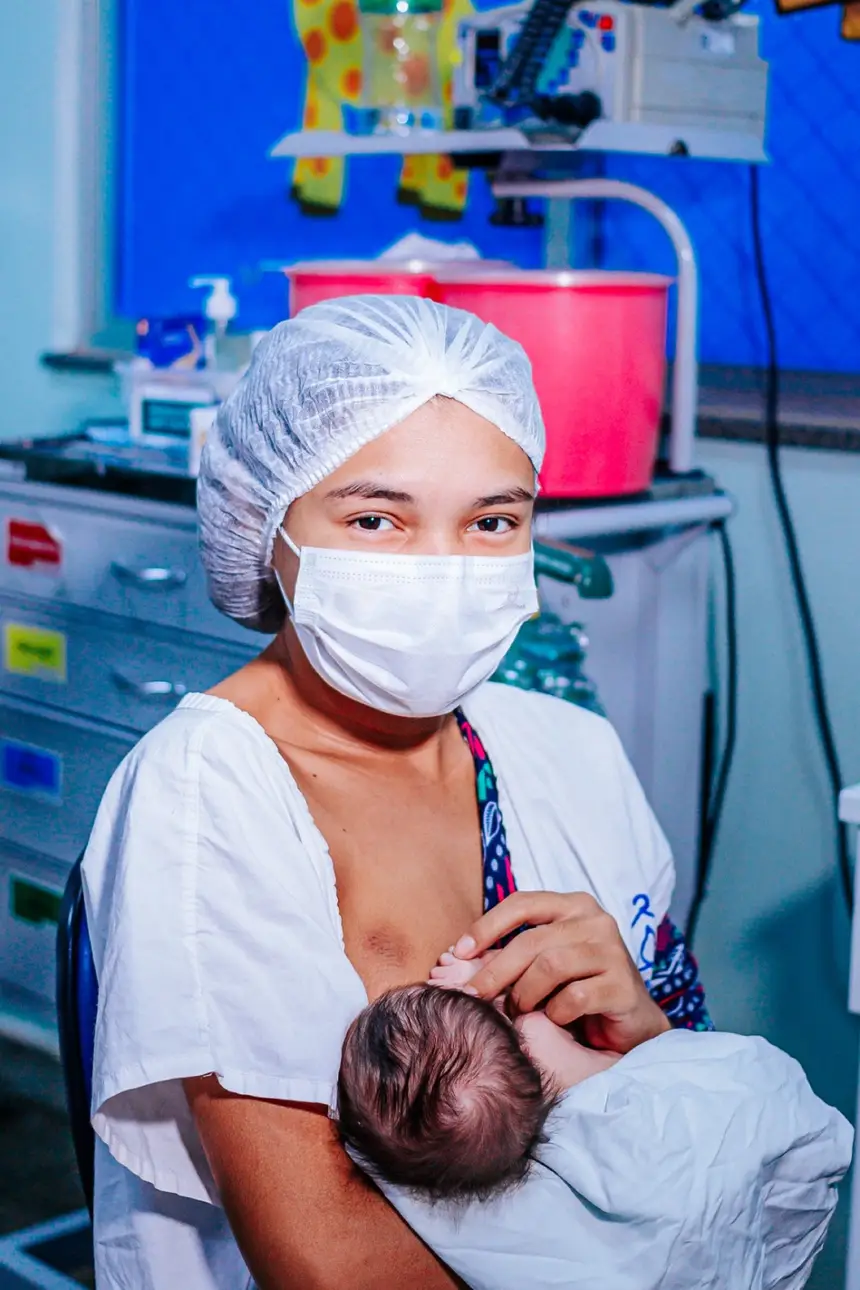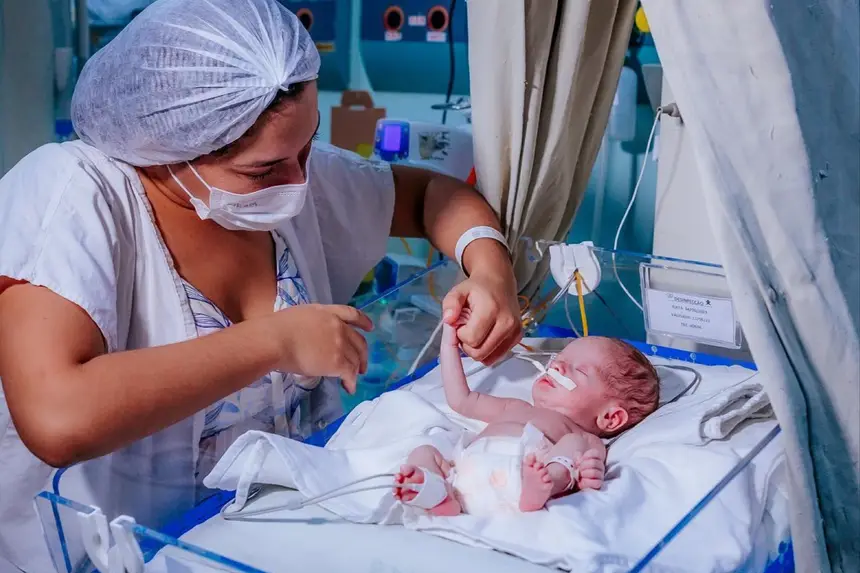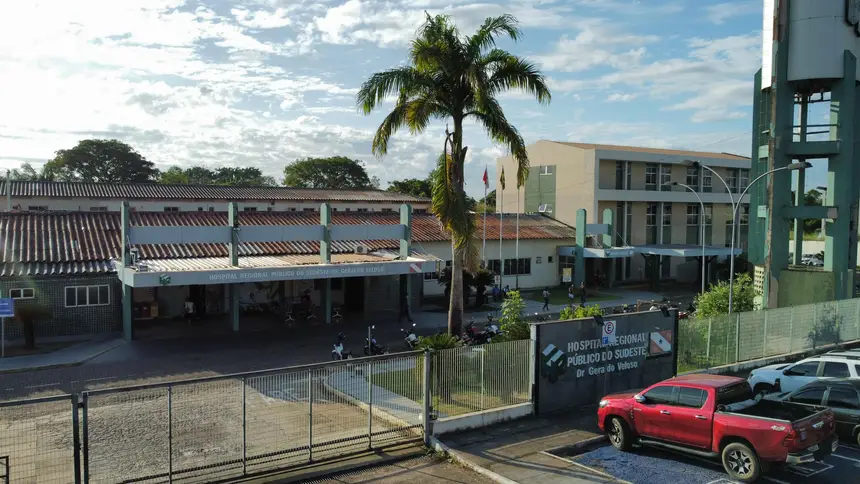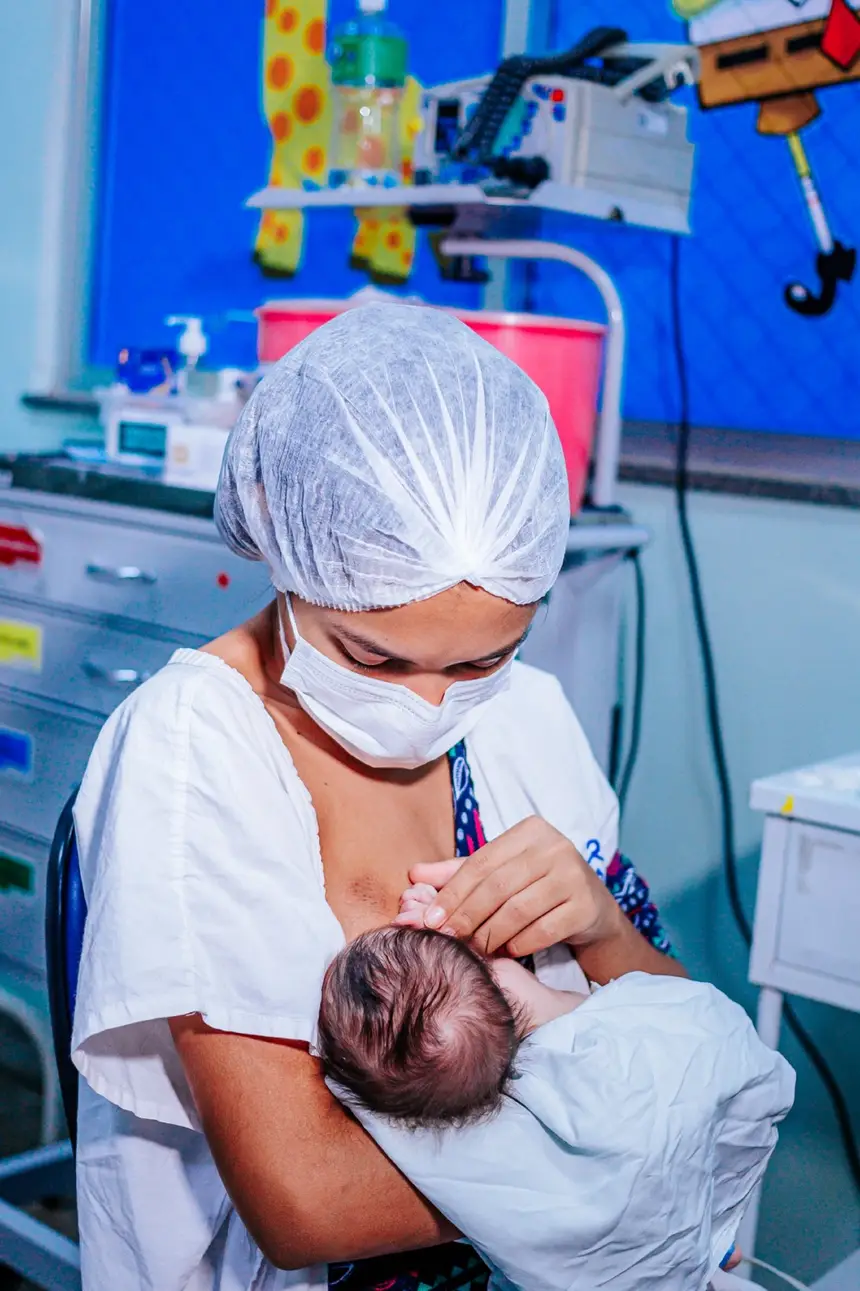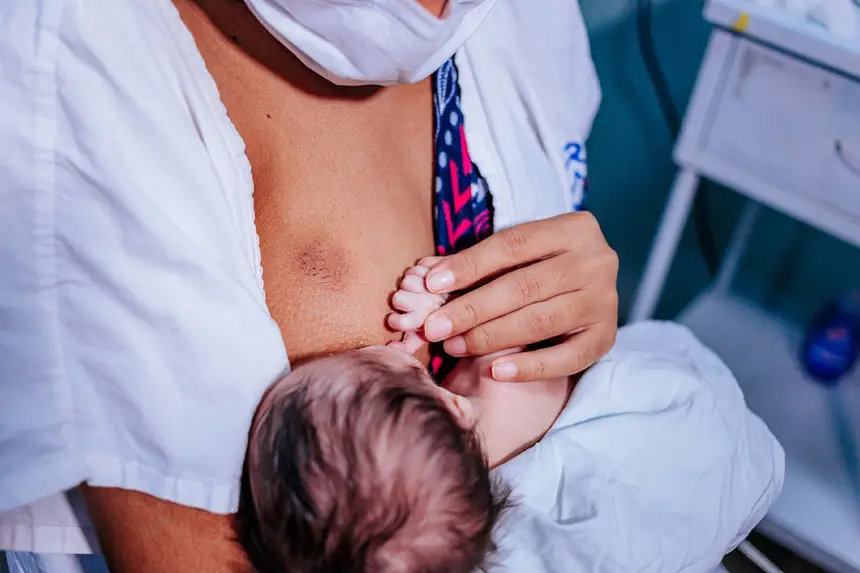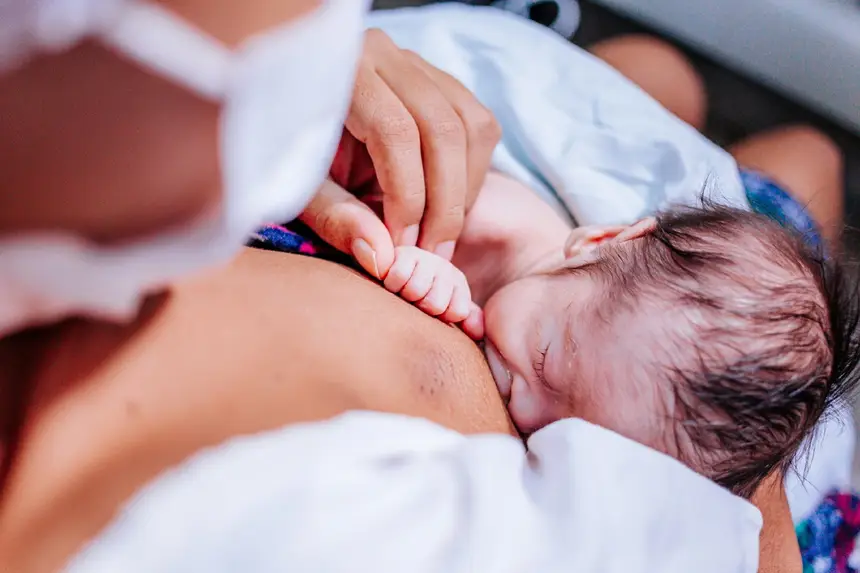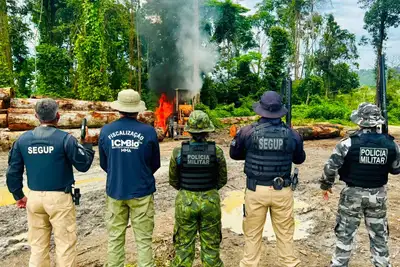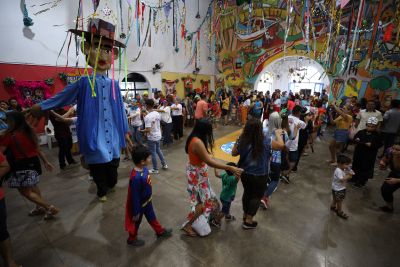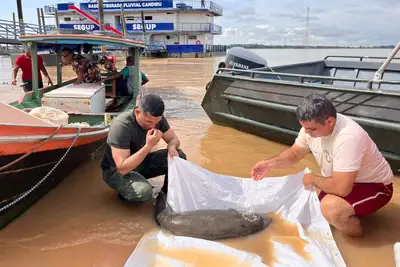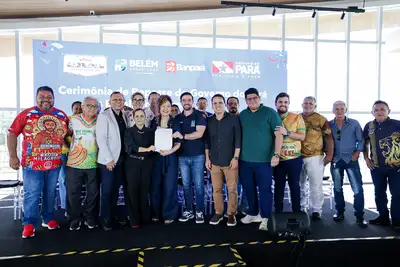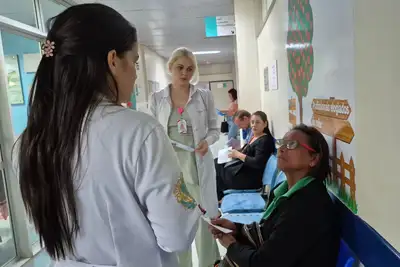Breastfeeding nurtures and strengthens bonds at the Regional Hospital of Marabá
In the Neonatal ICU, mothers accompanying their children find support and high-complexity assistance in caring for newborns
At the Dr. Geraldo Veloso Regional Hospital of Southeast Pará (HRSP) in Marabá, breastfeeding is more than an act of nutrition: it is a symbol of care, bonding, and hope. In the delicate routine of the Neonatal Intensive Care Unit (NICU), mothers accompanying their children find technology, high-complexity assistance, and a welcoming gaze capable of renewing strength and sustaining the journey of life.
Thuany Reis, 25 years old, a resident of Parauapebas in the Carajás region, has been accompanying her premature daughter Suria Raabe for 10 days. Unable to breastfeed directly, she relies on the instructions received. “I always receive guidance on how to breastfeed, and this gives me strength to continue. I learned how to express milk, which is now offered to my daughter through a tube, but my biggest dream is to soon be able to hold her in my arms and breastfeed,” she reported.
The solidarity among mothers softens the intense routine of the Neonatal ICU. Kassia Cardoso, a resident of Marabá in the Carajás region, who has been by her daughter Katrina Patrícia's side for 12 days, reinforces this collective bond. “Here we support each other, share experiences, and learn every day. Knowing that my daughter receives my milk, even through the tube, gives me hope that soon I will be able to hold her in my arms and truly breastfeed,” she explained.
The Neonatal ICU of the hospital, managed by the Amazon Social and Environmental Health Institute (ISSAA), in partnership with the State Department of Public Health (Sespa), has nine exclusive beds for critically ill newborns. More than just cutting-edge equipment and high-complexity protocols, the space offers families a welcoming and humanized care for the little patients and their families.
Guidelines
The Pará government unit has a Breastfeeding Commission (CAM), which regularly conducts educational actions with mothers accompanying their children in the Neonatal ICU, as well as with pregnant women in high-risk prenatal care and pregnant employees of the institution. The initiative aims to strengthen the support network and spread the importance of breast milk as protection, nutrition, and bonding between mother and child.
Nurse Mayara Feitosa, responsible for the Neonatal ICU, says that each guideline is a step towards the health of the babies. Techniques for manual expression, hygiene, and stimulation to increase production are part of the process and help the little ones.
“Our role is to encourage breastfeeding in all possible ways. Even if the baby cannot yet breastfeed, expressed milk is already essential for their recovery. For a premature baby, breast milk is like a natural medicine, protecting against infections and aiding in the development of the immune system,” highlighted the nurse.
In addition to the technical aspect, Mayara reminds us that emotional support is also an essential part of treatment. Skin-to-skin contact and the active participation of mothers in daily care strengthen trust and create bonds that transcend the hospitalization period.
“Breast milk is more than food; it is bonding, it is care, and it is hope. Our commitment is to stand by each mother, showing that even in the most challenging moments, she is an essential part of her child's recovery and life,” she concluded.
Pediatric Reference
The Dr. Geraldo Veloso Regional Hospital of Southeast Pará in Marabá is a reference in medium and high complexity pediatric care. The unit has a Pediatric ICU and a Neonatal ICU, both with nine beds, in addition to 11 ward beds for intermediate care. In total, the hospital has 135 beds, with 97 for clinical admission and 38 for ICU, providing 100% free care through the Unified Health System (SUS).
Text by Ederson Oliveira


